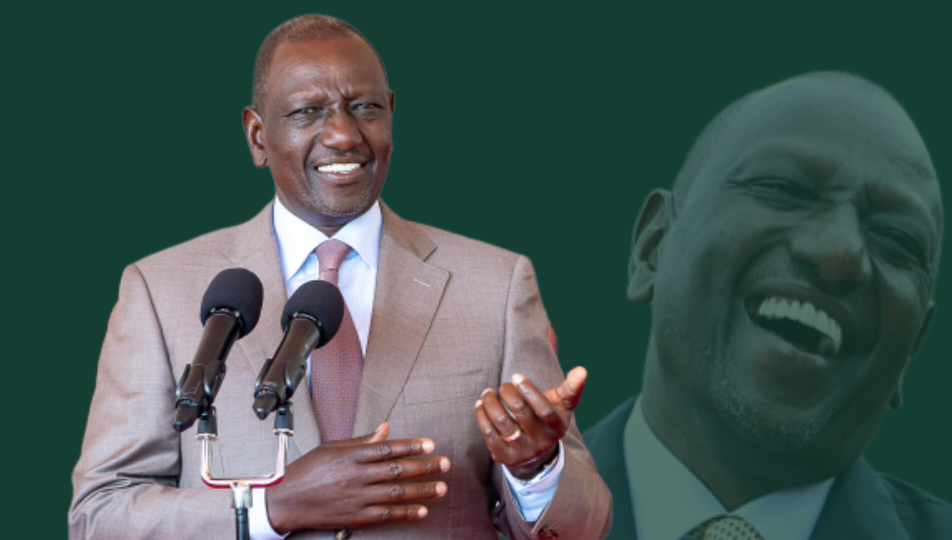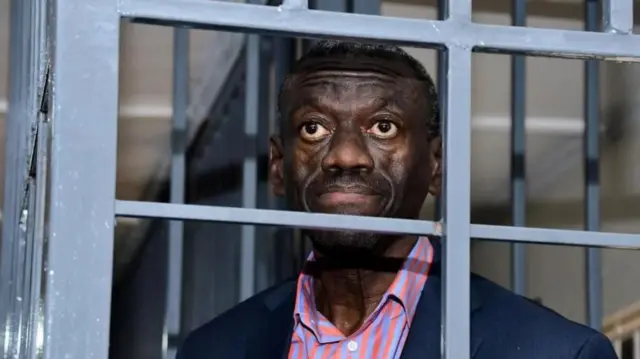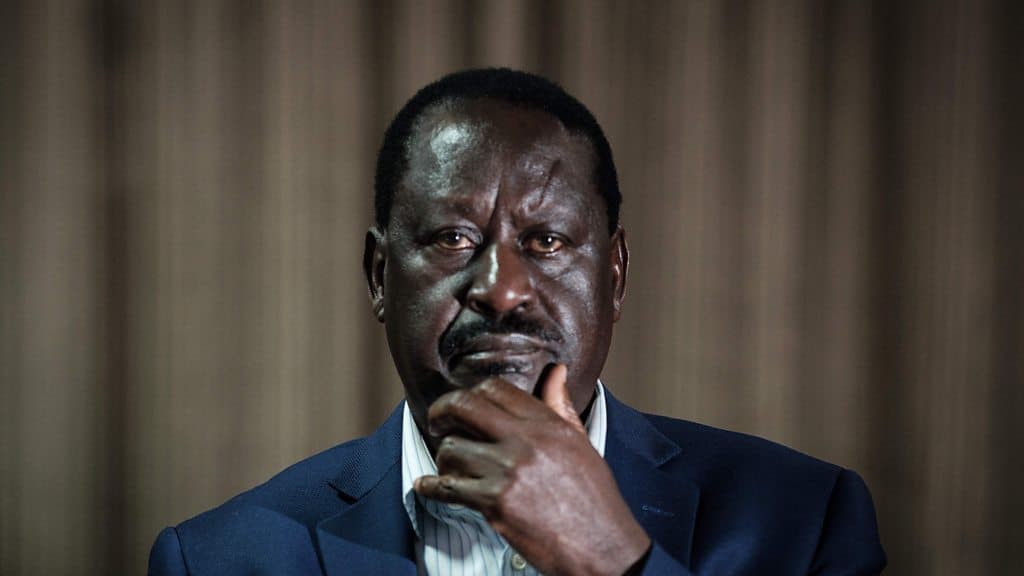In the realm of political leadership, the consequences of overpromising can be profound, leading to difficult decisions that may prioritize short-term gains over long-term welfare.
President William Ruto’s leadership has been marked by a series of promises that, once made, have proven difficult to keep. The grand visions he laid out during his campaign—ranging from economic reforms to social justice—have created high expectations among the Kenyan people. However, the reality of governance has revealed the challenges in fulfilling these commitments, leading to a growing sense of disillusionment among the populace.
This gap between Ruto’s promises and the outcomes on the ground has become increasingly evident. Many of the ambitious goals set by his administration have remained unachieved, leading to public frustration and criticism.
Trapped by his own words, Ruto faces the challenge of managing the expectations he has set. In the wake of criticism and one-term chants, Ruto says he's often been asked by several Kenyans to shelve some of his administration’s agenda's for a second term.
President Ruto has denied claims that his government overpromised, saying all commitments made are realistic and clearly documented in the manifesto.
Speaking on Thursday, June 19, during the official opening of the third national executive retreat in Karen, Nairobi, the President dismissed claims that his government overpromised during the campaign period.
"This administration was elected on a platform of transformation, reforms, and doing things differently," he said.
Ruto said while the government’s reform agenda is ambitious, he is confident of it being achieved.
"I have no intention whatsoever of escaping the commitments we made. We intend to keep them because that is how we are going to transform Kenya," he added.
Ruto, stated that he has often been advised to 'postpone some of the initiatives for the second-term, but dismissed them, noting Kenya cannot afford to keep postponing the tough but necessary decisions.
" I have had occasions where people tell me you have picked up too many difficult things, you should have waited for your second term.”
“But you ask yourself why waste the nation's time waiting when we can fix them now? If we do the right things today, we create space for more progress tomorrow."
He stated: “If there is second term there are plenty of things to be done and if it can be done now why wait for 10 years...we haven't made progress as a nation because we make decisions not on the basis of how we know that they are right but how is it convenient for me to remain politically relevant.”
Even as Ruto exudes confidence in delivering on his promises, the pressure to deliver on promises, particularly when they are unattainable, can lead leaders to make decisions that are more about appeasing specific groups or maintaining political stability than addressing the real needs of the population.
According to James Khamisi, a Julisha.co.ke analyst, the current challenges faced by Ruto serve as reminders that overpromising can compromise a leader’s integrity and effectiveness.
The lesson is clear: leaders must be mindful of the weight of their words, as they will ultimately be held accountable for the promises they make, and the decisions taken to uphold them can have lasting impacts on society.







